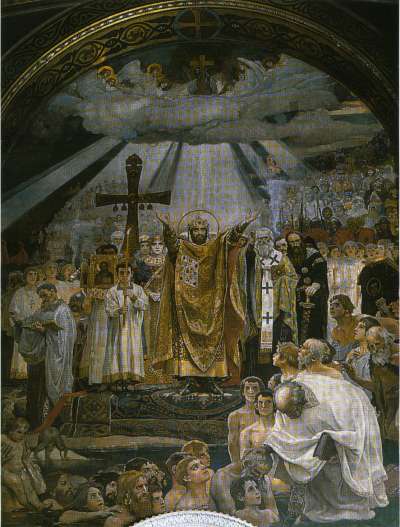Unilineality on:
[Wikipedia]
[Google]
[Amazon]
 Unilineality is a system of determining
Unilineality is a system of determining
Unilineal Descent Groups and Deep Christianization: A Cross-Cultural Comparison
, ''Cross-Cultural Research: the Journal of Comparative Social Science'' 37/1 (2003), p. 132–156. on the unilineal descent organization has studied variables that are usually regarded as the main causes of the decline of unilineal descent organization – viz. statehood,
 Unilineality is a system of determining
Unilineality is a system of determining descent group
Descent may refer to:
As a noun Genealogy and inheritance
* Common descent, concept in evolutionary biology
* Kinship, one of the major concepts of cultural anthropology
**Pedigree chart or family tree
**Ancestry
**Lineal descendant
**Heritage
** ...
s in which one belongs to one's father's or mother's line, whereby one's descent is traced either exclusively through male ancestors (patriline), or exclusively through female ancestors (matriline). Both patrilineality
Patrilineality, also known as the male line, the spear side or agnatic kinship, is a common kinship system in which an individual's family membership derives from and is recorded through their father's lineage. It generally involves the inheritanc ...
and matrilineality
Matrilineality, at times called matriliny, is the tracing of kinship through the female line. It may also correlate with a social system in which people identify with their matriline, their mother's lineage, and which can involve the inheritan ...
are types of unilineal descent. The main types of the unilineal descent groups are lineages and clan
A clan is a group of people united by actual or perceived kinship
and descent. Even if lineage details are unknown, a clan may claim descent from a founding member or apical ancestor who serves as a symbol of the clan's unity. Many societie ...
s.
A lineage is a unilineal descent group that can demonstrate their common descent from a known apical ancestor
Common descent is a concept in evolutionary biology applicable when one species is the ancestor of two or more species later in time. According to modern evolutionary biology, all living beings could be descendants of a unique ancestor commonl ...
. It is also called the simple unilineal descent.
Unilineal descent organization and deep Christianization
Recent research, ''Cross-Cultural Research: the Journal of Comparative Social Science'' 37/1 (2003), p. 132–156. on the unilineal descent organization has studied variables that are usually regarded as the main causes of the decline of unilineal descent organization – viz. statehood,
class stratification
Class stratification is a form of social stratification in which a society is separated into parties whose members have different access to resources and power. An economic, natural, cultural, religious, interests and ideal rift usually exists b ...
and commercialization – along with one not previously considered: deep Christianization
Christianization (or Christianisation) is a term for the specific type of change that occurs when someone or something has been or is being converted to Christianity. Christianization has, for the most part, spread through missions by individu ...
, defined here as having been Christianized over 500 years before ethnographic study. The research demonstrated that the traditionally accepted causes of the decline are less significant than deep Christianization, while the presence of unilineal descent groups correlates negatively with communal democracy and is especially strong for complex traditional societies. Its conclusion is that as , Christianization
Christianization (or Christianisation) is a term for the specific type of change that occurs when someone or something has been or is being converted to Christianity. Christianization has, for the most part, spread through missions by individu ...
might have contributed to the development of modern democracy by helping to replace unilineal descent organization in Europe
Europe is a continent located entirely in the Northern Hemisphere and mostly in the Eastern Hemisphere. It is bordered by the Arctic Ocean to the north, the Atlantic Ocean to the west, the Mediterranean Sea to the south, and Asia to the east ...
.
References
See also
*Ambilineality
Ambilineality is a form of kinship affiliation of cognatic descent that relies on self-defined affiliation within a given social system, meaning individuals have the choice to be affiliated with their mother's or father's group. Common features o ...
* Family
Family (from ) is a Social group, group of people related either by consanguinity (by recognized birth) or Affinity (law), affinity (by marriage or other relationship). It forms the basis for social order. Ideally, families offer predictabili ...
* Cultural anthropology
Cultural anthropology is a branch of anthropology focused on the study of cultural variation among humans. It is in contrast to social anthropology, which perceives cultural variation as a subset of a posited anthropological constant. The term ...
Kinship and descent
{{society-stub